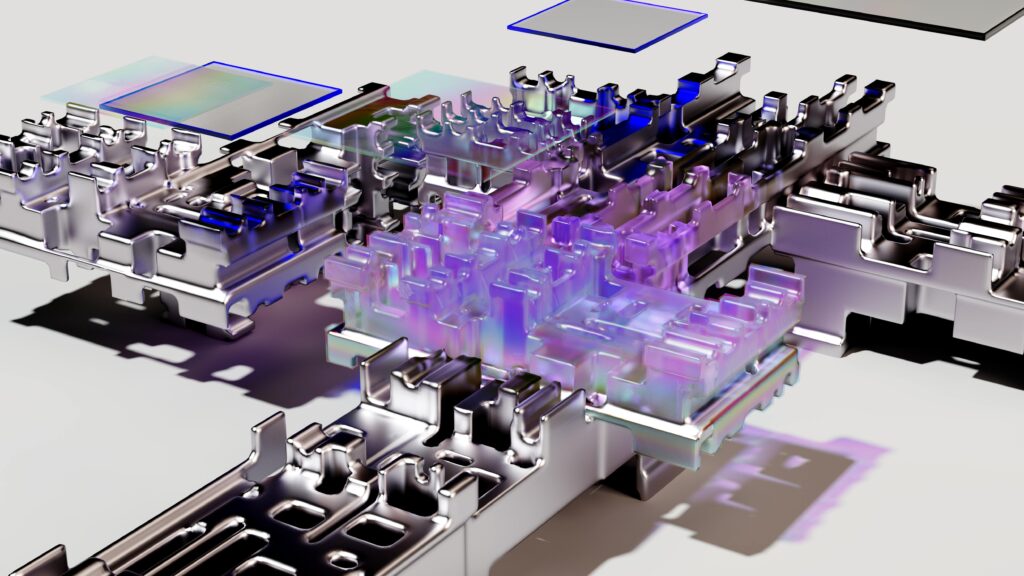In the ever-evolving landscape of customer service technology, one element has steadily risen to prominence: Artificial Intelligence (AI). Once considered an advanced, yet optional tool, AI has now become a foundational pillar in the customer experience (CX) tech stack. As businesses grapple with increasingly complex customer demands, the infusion of AI across the customer journey is no longer a luxury but a necessity. This shift marks a significant transformation in how businesses interact with and serve their customers.
AI’s Role in Transforming CX
The integration of AI into CX strategies signifies a paradigm shift. No longer is AI an ‘add-on’ feature; it is integral to creating efficient, responsive, and personalized customer experiences. From automated chatbots to advanced analytics, AI tools are being employed at every stage of the customer journey. This holistic approach not only enhances efficiency but also enables businesses to anticipate customer needs, offer tailored solutions, and ultimately, forge stronger customer relationships.
Impact of AI on Average Handle Time (AHT) and First Contact Resolution (FCR)
Two critical metrics in CX are Average Handle Time (AHT) and First Contact Resolution (FCR). AHT measures the average duration of customer interactions, while FCR assesses the ability to resolve customer queries in a single interaction. AI has a profound impact on both. By analyzing customer data and previous interactions, AI can guide service agents to quicker, more effective resolutions, thereby reducing AHT. Simultaneously, AI-enhanced self-service options enable customers to resolve common queries without human intervention, boosting FCR rates.
Survey Insights: Ranking AI Outcomes in CX
A recent survey asked participants to rank the outcomes of infusing AI in CX. The results underscore the diverse benefits AI offers:
- Reduce AHT and Increase FCR: Ranked as the most significant outcome. By streamlining interactions and providing quicker resolutions, AI directly enhances operational efficiency and customer satisfaction.
- Proactive Issue Resolution: AI’s ability to predict and address issues before they escalate is a game-changer, offering a more proactive approach to customer service.
- Boost Cross/Upselling: AI’s predictive analytics can identify potential sales opportunities, allowing businesses to offer relevant additional products or services.
- Personalized Experiences: Though ranked fourth, personalization is a critical aspect of AI in CX. Tailoring interactions and recommendations based on individual customer data enhances engagement and loyalty.
Case Studies and Real-world Examples
Several businesses have reaped the benefits of integrating AI into their CX strategy. For instance, a leading e-commerce company used AI to reduce their AHT by 30%, significantly boosting customer satisfaction scores. Another example is a telecom provider that implemented AI-driven chatbots, which led to a 50% improvement in their FCR rates.
The Future of AI in CX
As AI continues to evolve, its role in CX will only grow more significant. Future trends suggest a move towards even more personalized, anticipatory customer service experiences, with AI at the forefront of this transformation.
We know that AI is becoming a cornerstone of modern customer experience strategies. Its ability to transform key metrics like AHT and FCR is just the beginning. As businesses continue to harness the power of AI, they will unlock new levels of efficiency, satisfaction, and engagement in customer service. The question is, are you ready and how will you or are you properly implementing AI for your operation?



